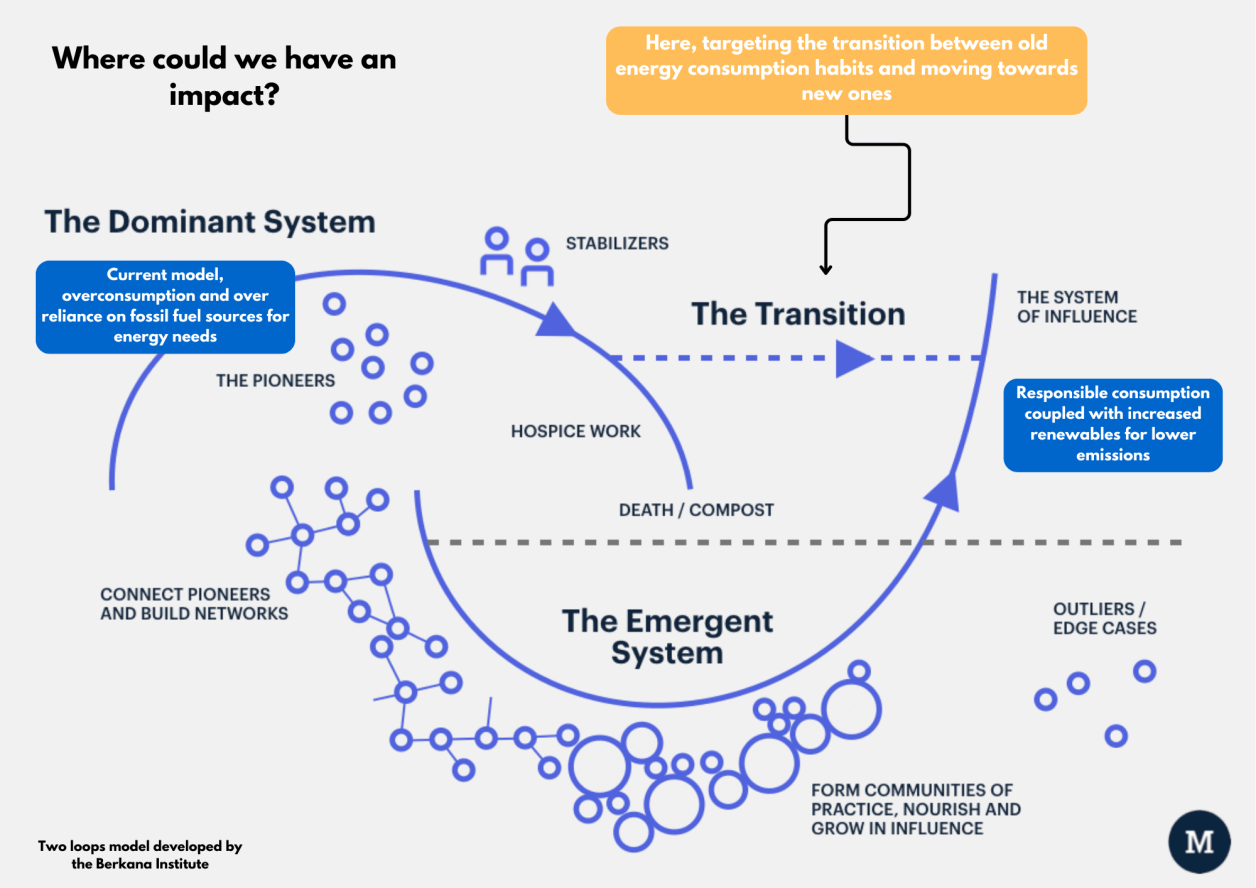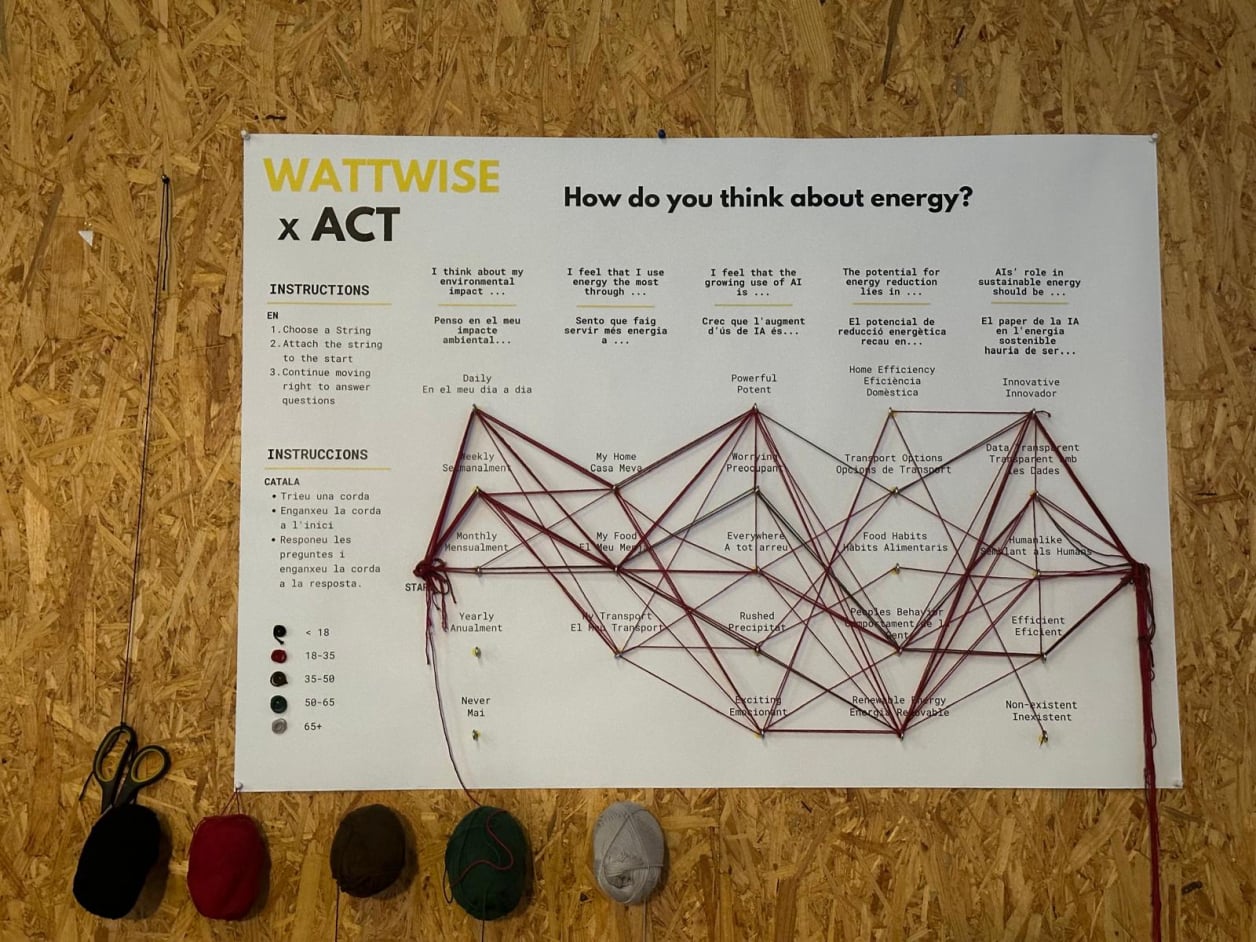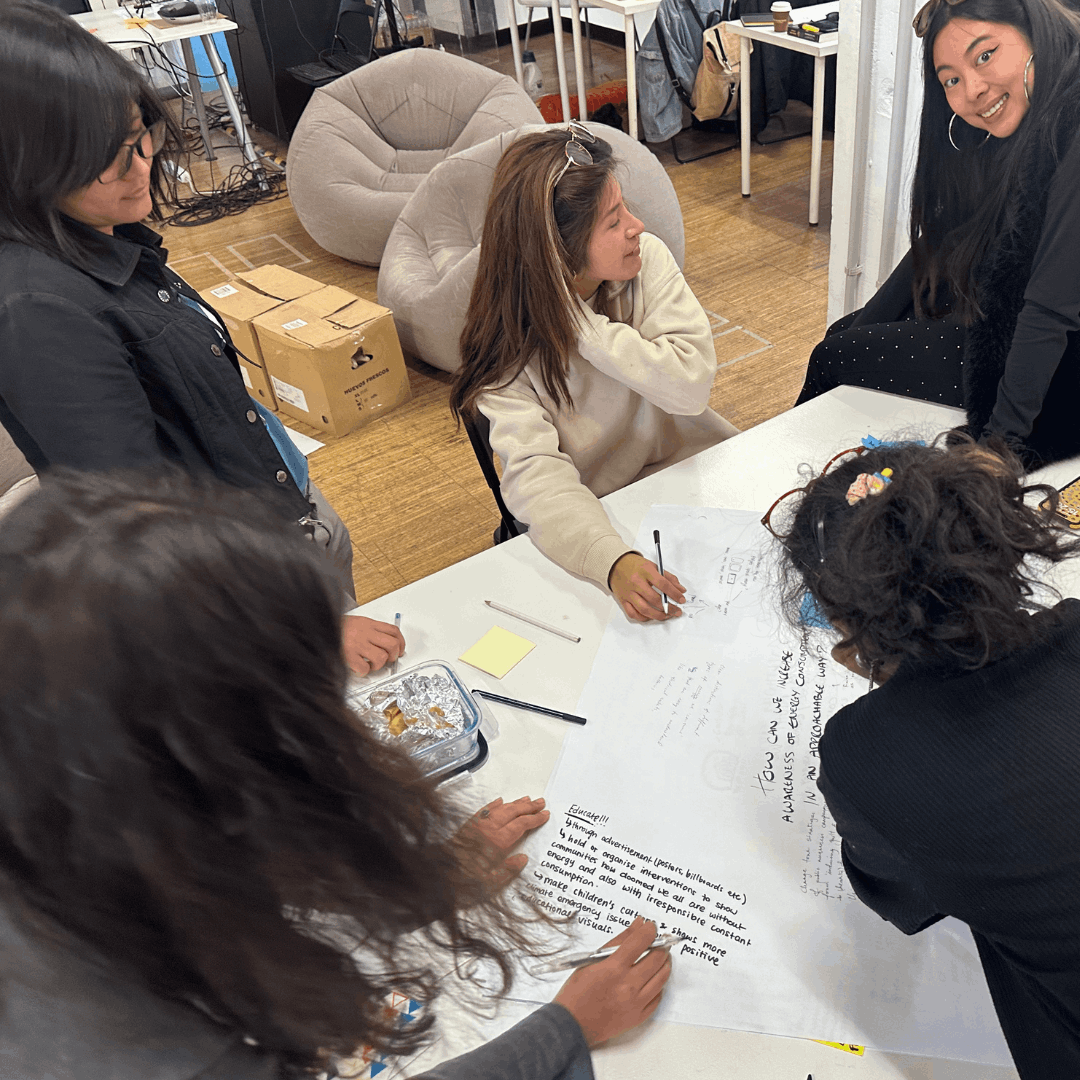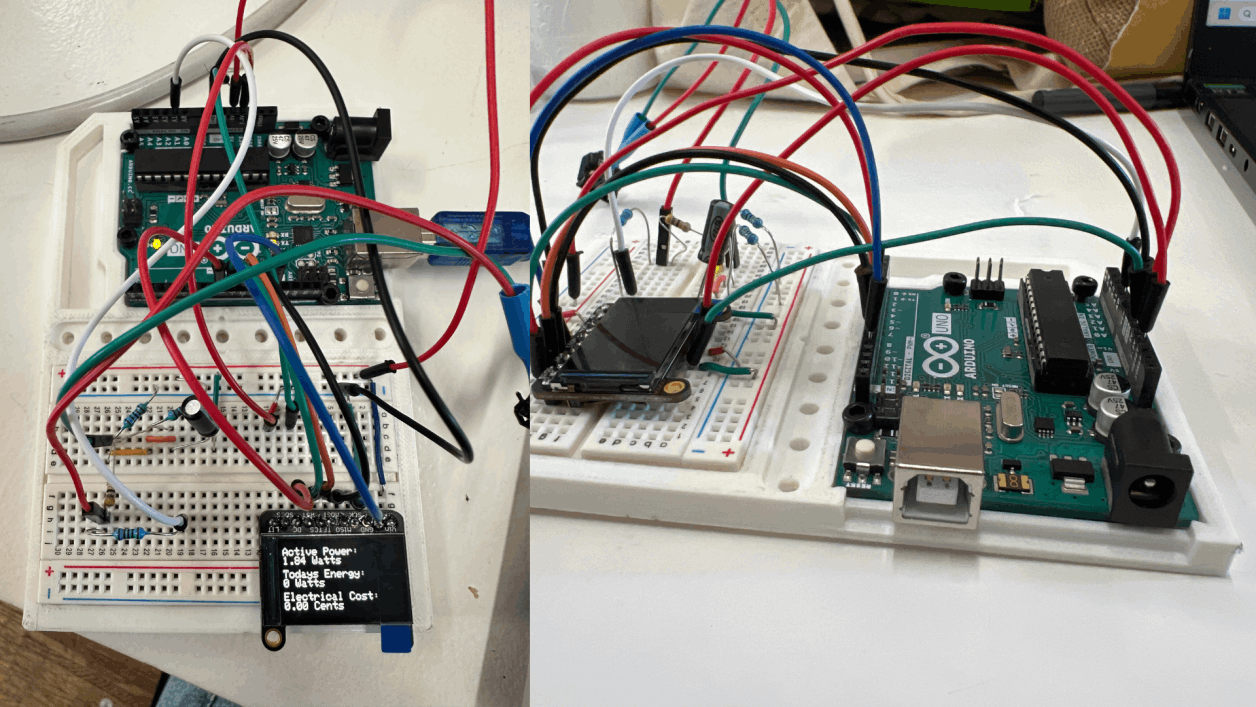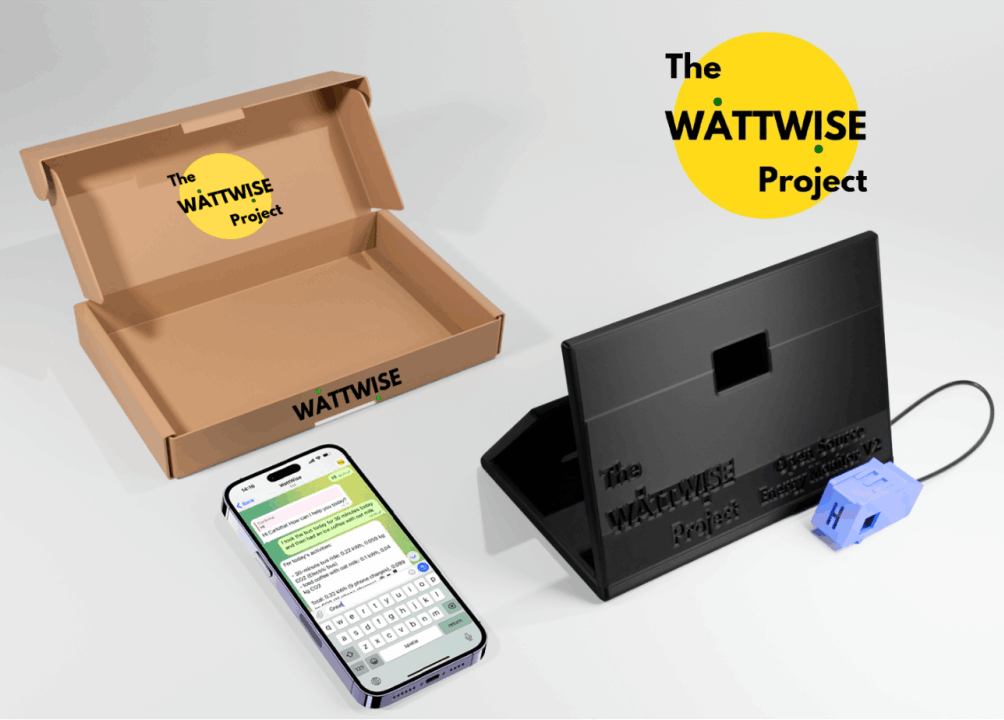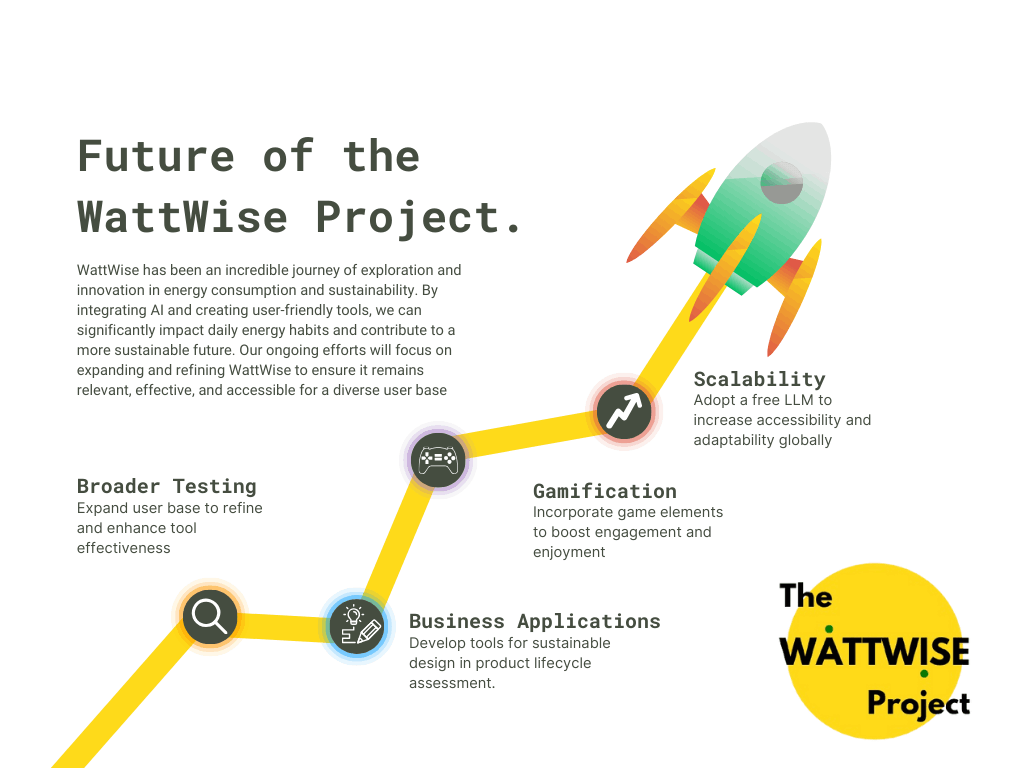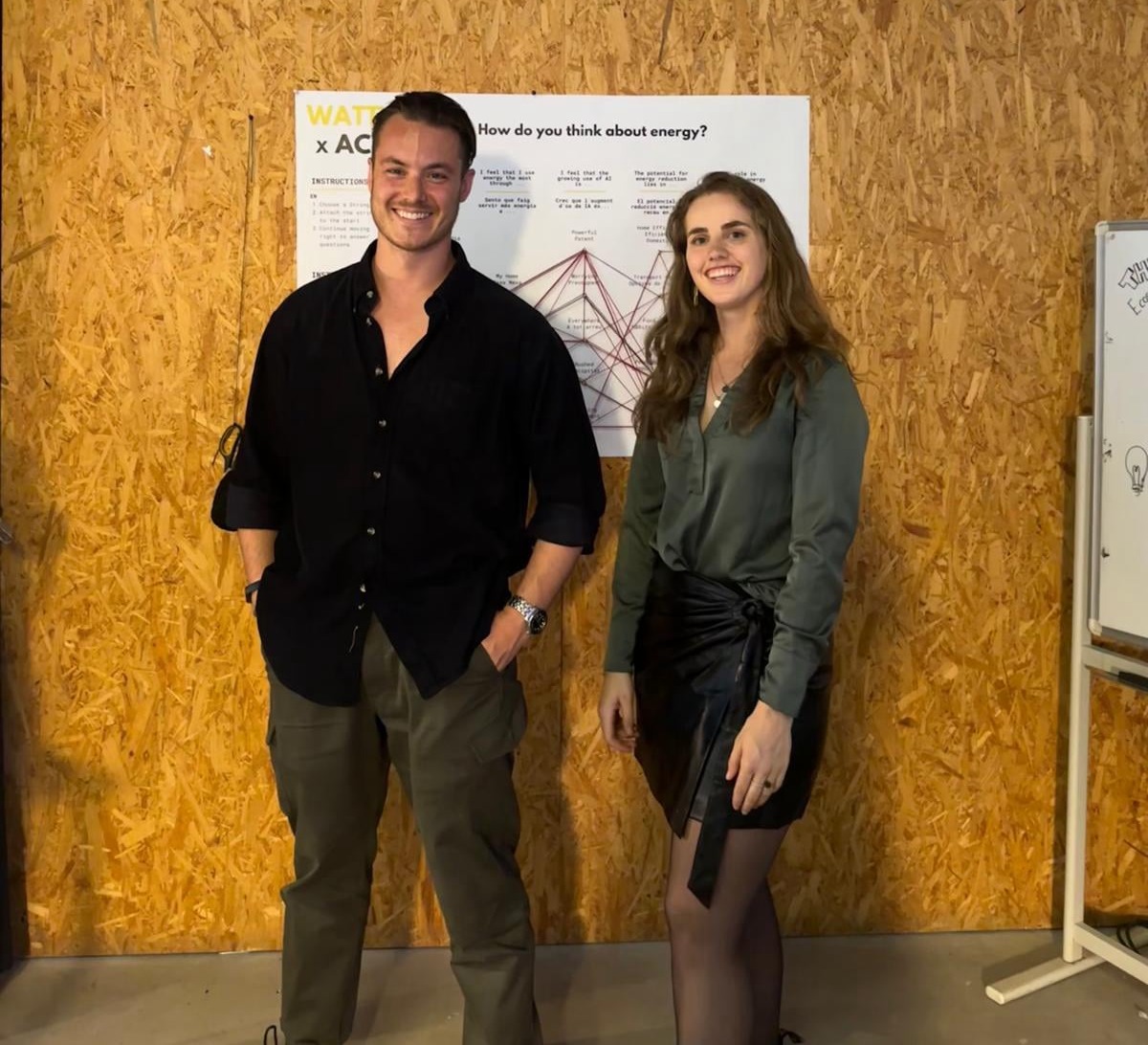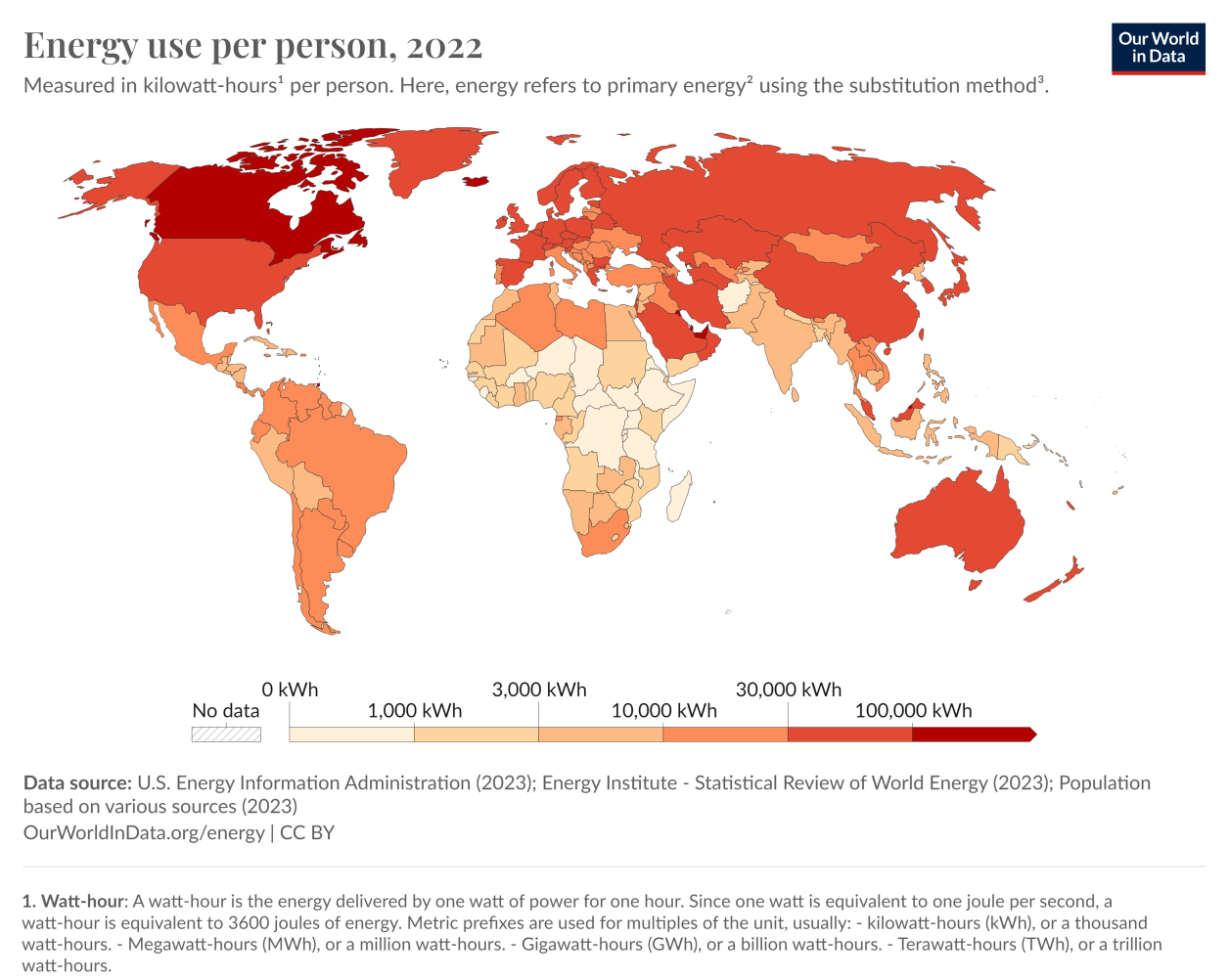
What Was the Problem
The core problem we aimed to address was the growing energy consumption, particularly in developed countries, and its detrimental effects on the environment. Despite advancements in renewable energy, the public's understanding of energy use and its impact remained limited. This knowledge gap was a significant barrier to changing consumption habits. The 2000 Watt Society’s goal of reducing energy use to 2000 watts per person per day without compromising quality of life was both ambitious and inspiring. The challenge was to find practical methods to help people achieve this reduction in energy consumption while maintaining their standard of living.
